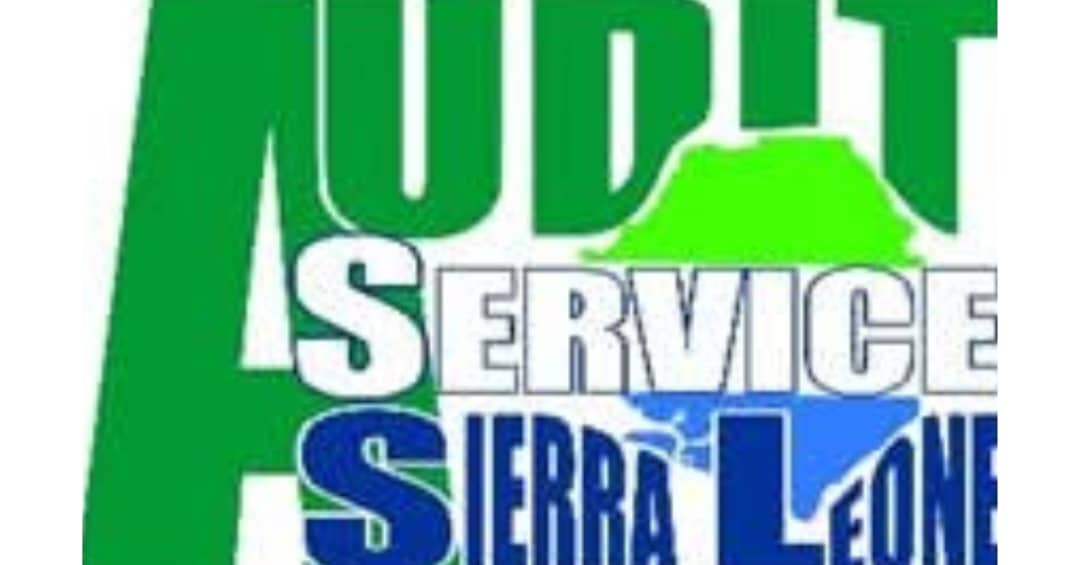The Audit Service Sierra Leone (ASSL) has initiated a series of community engagements aimed at enhancing public awareness of its audit processes as a preparatory measure ahead of the 2024 Audit.
Launched on the 24th March, 2025, in Kambia District, the initiative is reportedly supported by the World Bank as part of the Accountable Governance for Basic Service Delivery Project.
According to a Senior Communications Officer at ASSL, Mr. Sandi, the engagements are set to extend across various districts including Port Loko, Koinadugu, Falaba, Karene, Bombali, and Tonkolili, with plans to reach additional regions in the future. The initiative is affirmed to serve as a preparatory measure ahead of the forthcoming 2024 audit of local councils.
The program was reportedly led by Senior Communication Officer, Martin Sandy along with the Assistant Auditor General for the NorthWest and North-East Regions, Mr. Sinneh Kargbo, as well as their respective teams, representing the Acting Auditor General.
Their activities encompass public meetings, stakeholder sessions, radio discussions, and visits to secondary schools, all focused on increasing citizen participation and awareness regarding audit processes.
In recent sessions, Mr. Kargbo addressed key community concerns, including revenue generation, contract management, procurement procedures, and waste disposal. He emphasized the significance of routine audits, stating, “Stakeholders acknowledged audits as vital mechanisms of accountability,” as voiced by the ASSL team.
Stakeholders have called for structured collaboration between civil society organizations and ASSL, alongside capacity-building support for elected council officials to enhance their understanding of audit matters. Concerns were also raised regarding the necessity for improved transparency in government transfers to councils, and the financial oversight of positions held by council chairpersons.
Participants have also expressed issues regarding project implementations, particularly with solar lighting systems and infrastructure development. Community members highlighted the need for stronger waste management practices to safeguard public health, and they pointed out the inadequate service delivery in certain areas, referencing the lack of school buses, insufficient electricity supply, and difficulties in accessing free medical drugs.
To broaden its outreach, the ASSL has reportedly utilized radio stations throughout the districts to disseminate information and gather feedback from listeners regarding governance and financial accountability. Educational sessions were also being held in secondary schools, where students and teachers were introduced to the mandate, structure, and role of the audit service in promoting good governance.
Through those efforts, the ASSL has expressed efforts in striving to enhance transparency and accountability while empowering citizens to engage more actively with local governance processes.



 1 Comment
1 Comment











But why using the picture of Laura Taylor Pierce?